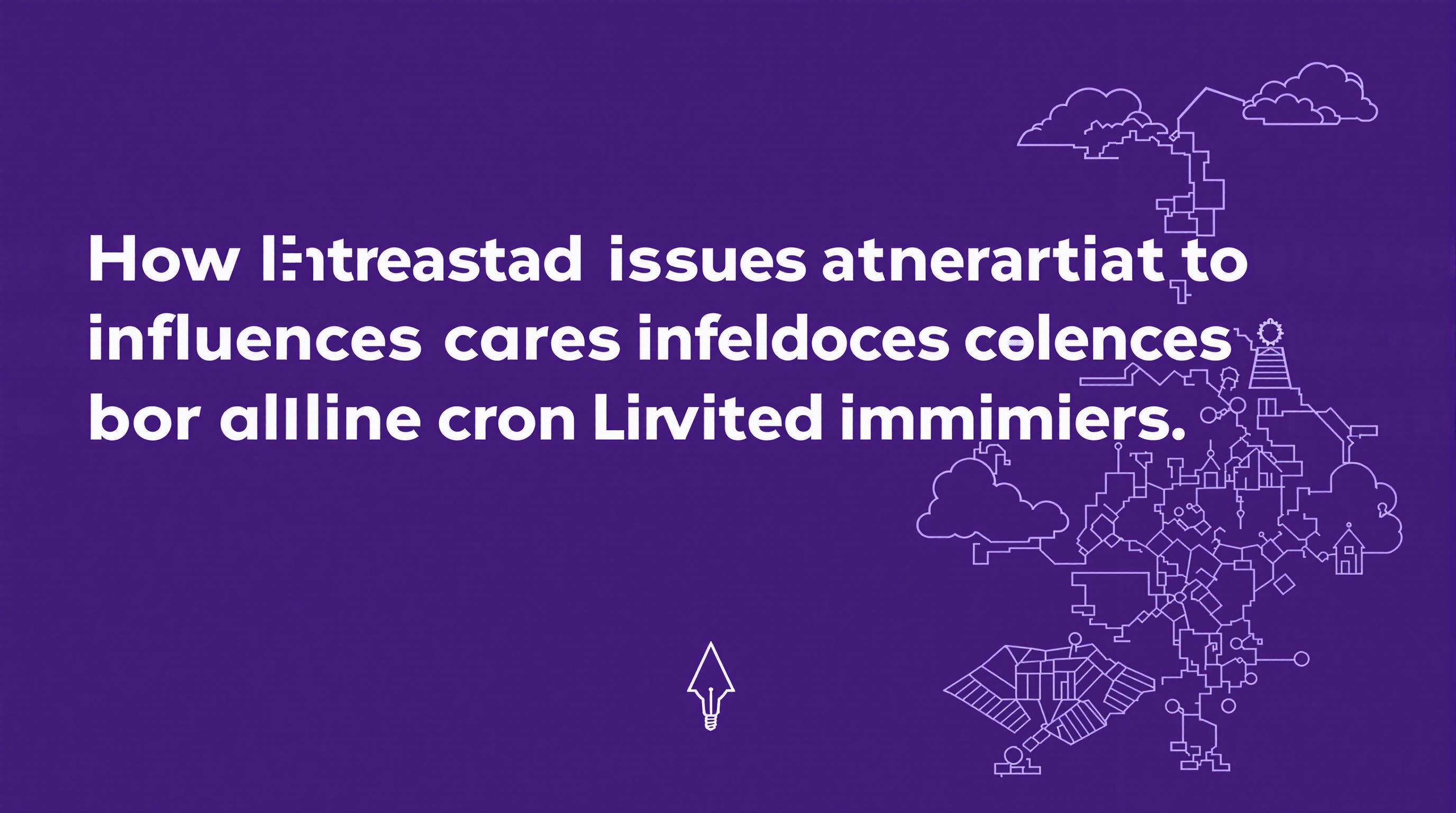Related Articles
- Top 7 Game-Changing Riders Released Since 2019 That Redefine How You Customize Your Life Insurance Coverage
- Top 5 Game-Changing Insurance Add-Ons from the Past Five Years Redefining Rider Benefits and Coverage
- The Silent Impact of Guaranteed Issue Insurance on Elderly Mental Health and Community Social Networks
- Top 6 Emerging Simplified Issue Policies Since 2019 That Redefine Risk and Flexibility for Modern Buyers
- How Changing Remittance Intervals Influence Insurer-Provider Partnerships in Healthcare Coordination
- How Seasonal Spending Cycles Secretly Shape Insurance Premium Timing and Consumer Choices
The Silent Impact of Guaranteed Issue Insurance on Elderly Mental Health and Community Social Networks
The Silent Impact of Guaranteed Issue Insurance on Elderly Mental Health and Community Social Networks
Guaranteed issue insurance policies, often overlooked, wield a profound influence on the mental well-being of the elderly and the intricate fabric of community social networks. This article unpacks these subtle yet potent effects through diverse lenses—formal analysis, storytelling, and empirical data.
Imagine a 68-year-old widow, Joan, recently diagnosed with a chronic illness. Without guaranteed issue insurance, a storm of anxiety and isolation would likely engulf her, but with it, Joan finds a lifeline not just in coverage, but in renewed hope and social connection.
Unmasking Guaranteed Issue: What It Truly Means
Guaranteed issue insurance refers to health or life insurance policies offered without requiring medical underwriting. Simply put, if you are within the eligible age range, you get the coverage irrespective of your health status. For elderly individuals—often sidelined by traditional insurers due to pre-existing conditions—this opens a door.
The Silver Lining for Mental Health
Let’s talk numbers. According to a 2022 AARP study, 43% of seniors reported feeling increased anxiety regarding healthcare costs and insurance coverage. Guaranteed issue policies can reduce these numbers by providing certainty and security.1
The psychological impact of knowing that one’s health care needs will be met cannot be understated. Anxiety, depression, and social withdrawal are common among seniors fearing medical bankruptcy or denial of coverage. Guaranteed issue eliminates one major source of stress by guaranteeing acceptance, thereby improving overall mental health outcomes.
Case Study: The Thompson Community Initiative
In rural North Carolina, the Thompson Community Initiative started offering guaranteed issue insurance plans tailored for seniors. Over three years, the community noted a 27% drop in reported loneliness among insured elderly residents. More critically, local social clubs and support groups saw a resurgence in participation as seniors felt less isolated and more supported.
Why Does Insurance Coverage Affect Community Networks?
It's more than just the calm that comes with coverage. When elderly individuals are assured that their health care needs won’t bankrupt them, they tend to engage more actively in community events, social clubs, and family activities. The sense of security acts as a catalyst for social involvement, weaving stronger networks that benefit everyone.
Health insurance might seem purely clinical or financial, but trust me, the social consequences run deep. Once the paranoia of rejection and the dread of unaffordable care recede, elders open up and reconnect, enriching their communities.
The Unspoken Costs of Denial
Picture this: Ed, 72, denied traditional insurance because of a pre-existing heart condition. He opts not to engage in social activities, fearing health emergencies coupled with financial ruin. The ripple effect? Increased loneliness, worsened depression, and a debilitating cycle that shakes not only Ed but his entire community.
This dreaded scenario contrasts sharply with the guaranteed issue approach, which embraces rather than rejects, providing a psychological balm in addition to physical coverage.
Conversational Thoughts: Let’s Talk About Why It Matters
So, why should we care about insurance types and elderly social networks? Because aging isn’t just about physical decline—it’s an emotional journey. The mental health benefits that come from guaranteed coverage ripple into how elders relate to their families and neighbors. When supported, they thrive both inside and out.
Policy Implications and Challenges
While the benefits are clear, guaranteed issue insurance faces criticism for encouraging adverse selection, leading to higher premiums and market instability. However, these economic debates often overshadow the human element: without these policies, millions of vulnerable seniors would face mental health crises and social isolation. Policy makers must balance fiscal responsibility and compassion.
The need for targeted subsidies and community outreach programs to accompany guaranteed issue plans is essential. These measures ensure affordability and awareness, magnifying positive impacts on mental health and social cohesion.
Humor Break: Insurance Isn’t Always Boring
Ever heard an old-timer joke about insurance? "It’s the only thing that people want to pay for but never want to use… except when they do." But for seniors, guaranteed issue insurance turns that punchline into something empowering. No more awkward health quizzes or denial letters; just straightforward coverage. Makes you chuckle—if not grateful.
In Conclusion: The silent impact of guaranteed issue insurance extends beyond policy sheets and premiums. It revives mental health, reinforces social connections, and stitches the elderly more firmly into the community quilt. As an investigative journalist aged 44, observing these hidden effects reminds me that some solutions—quiet yet profound—deserve louder recognition.
1 Source: AARP Public Policy Institute, “Older Adults’ Anxiety about Health Care Costs,” 2022.




